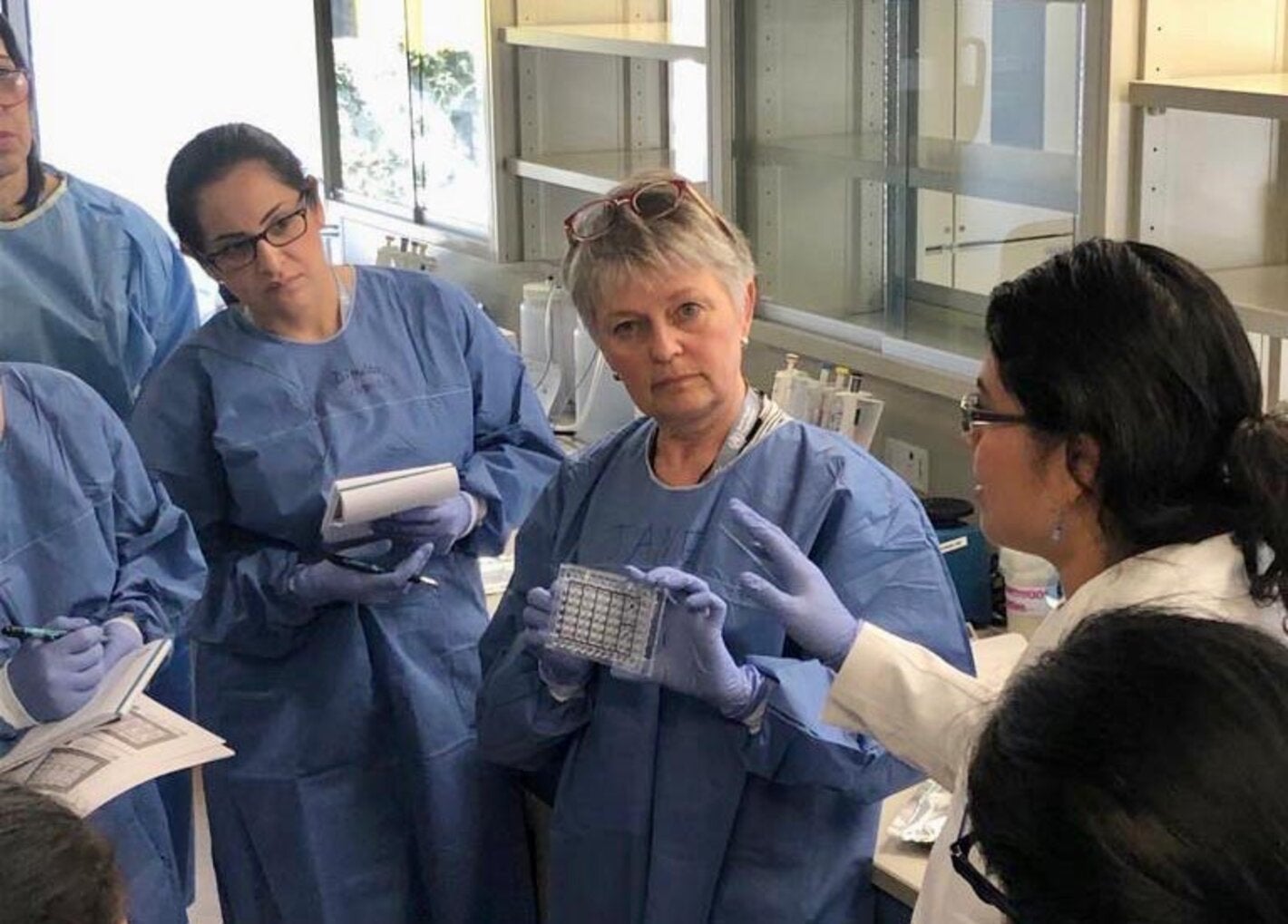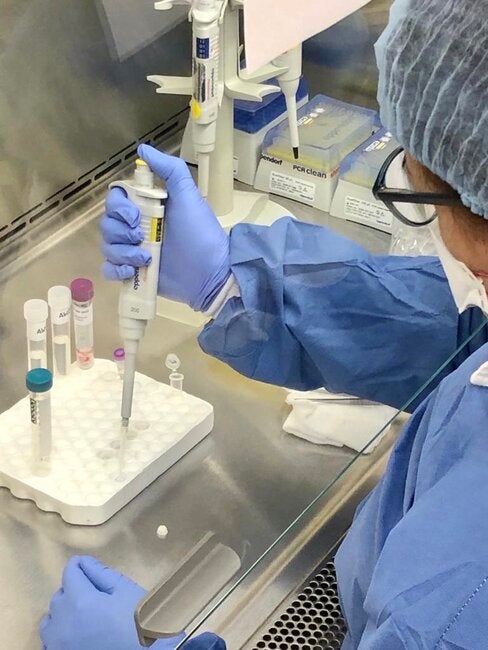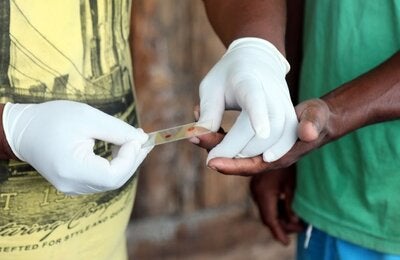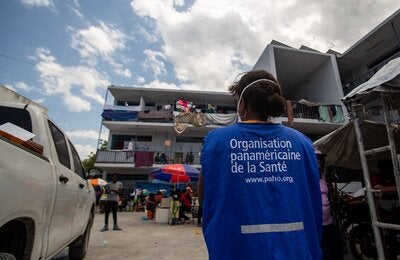
Mexico City, 2 March 2020 (PAHO/WHO) - Officials from 13 public health laboratories in 11 countries of the Americas are participating this week in a workshop aimed at strengthening their capacities for diagnosis and detection of cases of fever yellow. The workshop was organized by the Pan American Health Organization/World Health Organization (PAHO/WHO) together with the Directorate of Public Health Surveillance of the Ministry of Health of Mexico and its partners.
Yellow fever is an acute viral hemorrhagic disease transmitted by infected mosquitoes. The virus is endemic in Africa and 13 countries of Central and South America (the whole territory or certain areas). An effective, safe and affordable vaccine is available to prevent yellow fever. Both people in endemic areas and unvaccinated travelers are at risk of infection.
"Despite the availability of an effective vaccine, the yellow fever virus remains one of the most important threats to public health in the Americas," said Cristian Morales, PAHO/WHO representative in Mexico. "For that reason, laboratory surveillance and early detection of yellow fever in the Region, and particularly in endemic areas, should be maintained and strengthened."
During 2018, five countries and territories of the Americas reported confirmed cases of yellow fever. Brazil reported the highest number of cases and deaths, including 1,376 confirmed human cases and 483 deaths from July 2017 to June 2018 but only 91 confirmed cases during the same period in 2018-2019.
Within the framework of the global Eliminating Yellow Fever Epidemics (EYE) Strategy, PAHO/WHO has worked closely with collaborating centers and strategic partners to ensure preparedness for and timely response to outbreaks, including by ensuring the availability of critical reagents for laboratory confirmation of cases.
The Workshop for Strengthening the Capacity of the Global Network of Yellow Fever Laboratories in the Americas is taking place on March 2 to 6 at the headquarters of the PAHO/WHO Collaborating Center for Arboviruses at the Institute for Diagnostics and Epidemiological Reference (InDRE) in Mexico.
José Luis Alomía, Mexico’s general director of epidemiology, said the workshop is an opportunity to "jointly develop capacity to reliably identify cases and be ready to face the challenges posed by emerging diseases."
As the world faces the COVID-19 emergency, he said, "We cannot ignore other risks, and we must always be prepared." So far, yellow fever virus has not circulated in Mexico, but the risk exists given the presence of social and environmental determinants, and the presence of the mosquito vector in Mexican territory.
The workshop participants are from laboratories in Argentina, Bolivia, Brazil, Colombia, Ecuador, Guyana, Panama, Paraguay, Peru, Suriname and Venezuela. The training focuses on serological testing using the MAC-HD (half-day) ELISA kit developed by the U.S. Centers for Disease Prevention and Control (CDC), as well as differential detection of wild versus vaccine viruses by PCR assays, including a protocol review and detailed analysis of results.
PAHO/WHO’s partners for the workshop include: the PAHO/WHO Collaborating Center for Arboviruses at the CDC (Fort Collins) and the Association of Public Health Laboratories of the United States (APHL), with the collaboration of the Robert Koch Institute in Germany, a WHO Collaborating Center for Emerging Infections and Biological Risks.




